
Speakers discuss solutions to implement palliative care for patients - Photo: BINH MINH
Within the framework of the 2nd National Congress of Delegates, term 2025 - 2030 of the Vietnam Palliative Care Medicine Association (VPHCS) and the celebration of the International Palliative Care Day 2025, many solutions to implement palliative care for patients were discussed.
Palliative care helps patients and their families feel stronger
Sharing her personal experience, Ms. Huynh Thi Tuyet Huong (Pleiku, Gia Lai ) - a breast cancer patient who had undergone surgery - said that the treatment process encountered many side effects such as hair loss, nausea, difficulty in daily activities, and persistent insomnia.
However, with the support of her family and doctors, Ms. Huong gradually improved her sleep, focused on recovering her physical strength and maintained her exercise routine. Few people expected that during her 6 chemotherapy sessions, she participated in 10 running races in many provinces, each race was 21km long, and she even participated in one race just a week after receiving chemotherapy.
Palliative care in the context of universal health care
Speaking at the program, Deputy Minister of Health Do Xuan Tuyen said that both medical staff and patients have changed their awareness of palliative care in recent years.
Mr. Tuyen emphasized the view that prevention is better than cure and the need to develop the family medicine sector to promote palliative care in the community.
According to Mr. Nguyen Trong Khoa, Deputy Director of the Department of Medical Examination and Treatment Management, it is necessary to develop and promulgate policies on palliative care, and at the same time guide the establishment of models, centers, departments, units, and units... on palliative care, and at the same time train medical staff in techniques in this field.
Mr. Khoa also emphasized that integrating palliative care into universal health coverage is a practical issue and it is necessary to develop a palliative care network, especially at the grassroots level, and integrate it into the functions and tasks of health stations.
Mr. Nguyen Van Vinh Chau, Deputy Director of the Ho Chi Minh City Department of Health, said that palliative care should be considered a part of treatment activities, not just terminal care as many people think. He emphasized that this is a technique similar to rehabilitation or nursing, which should be applied as soon as the patient is diagnosed, not waiting until the terminal stage.
Source: https://tuoitre.vn/tai-sao-cham-soc-giam-nhe-rat-quan-trong-20251017012052804.htm


![[Photo] General Secretary To Lam attends the 95th Anniversary of the Party Central Office's Traditional Day](https://vphoto.vietnam.vn/thumb/1200x675/vietnam/resource/IMAGE/2025/10/18/1760784671836_a1-bnd-4476-1940-jpg.webp)
![[Photo] Collecting waste, sowing green seeds](https://vphoto.vietnam.vn/thumb/1200x675/vietnam/resource/IMAGE/2025/10/18/1760786475497_ndo_br_1-jpg.webp)
![[Photo] Closing ceremony of the 18th Congress of Hanoi Party Committee](https://vphoto.vietnam.vn/thumb/1200x675/vietnam/resource/IMAGE/2025/10/17/1760704850107_ndo_br_1-jpg.webp)
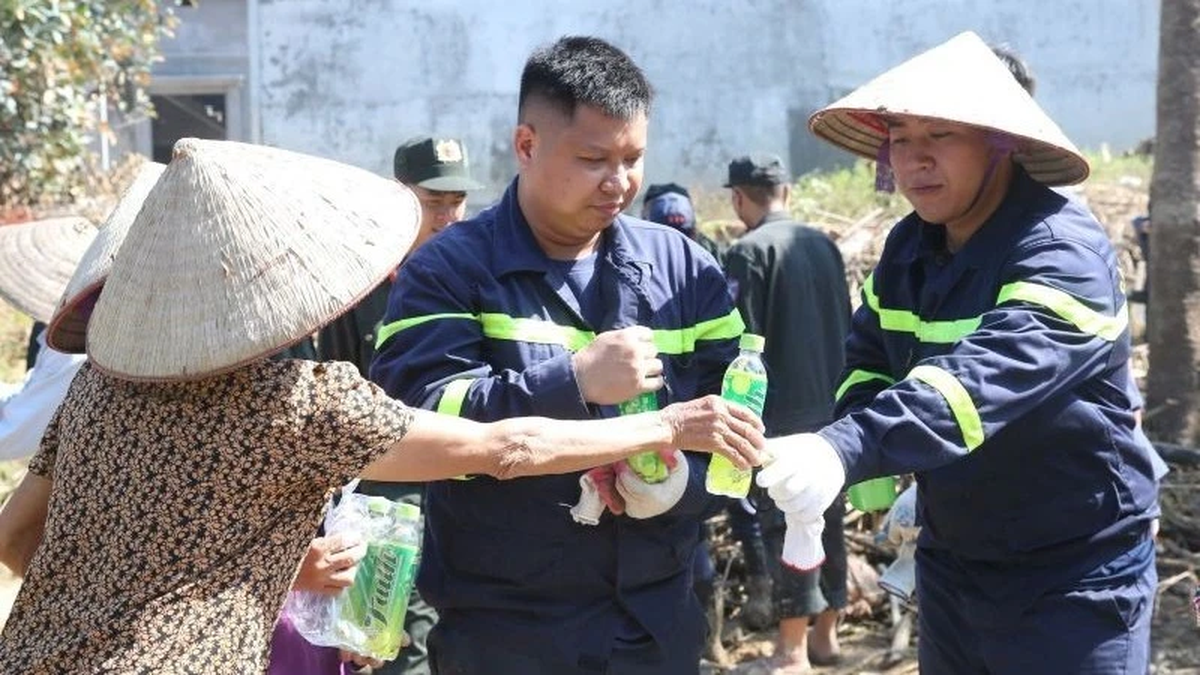

![[Photo] Immerse yourself in the colorful musical world of “Secret Garden Live in Vietnam”](https://vphoto.vietnam.vn/thumb/1200x675/vietnam/resource/IMAGE/2025/10/18/1760805978427_ndo_br_thiet-ke-chua-co-ten-41-png.webp)
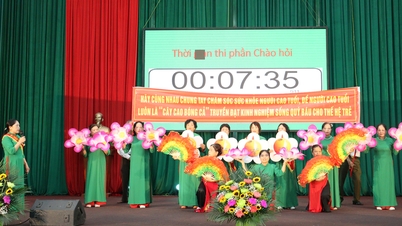



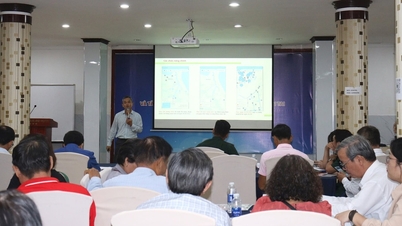

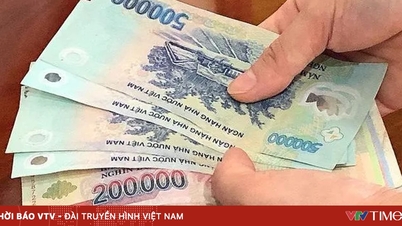

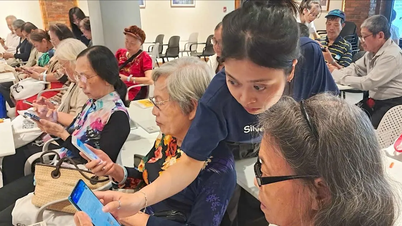

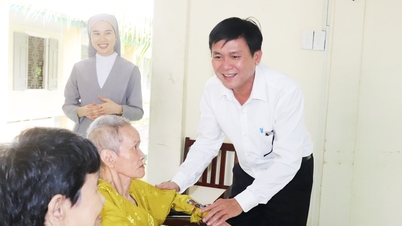






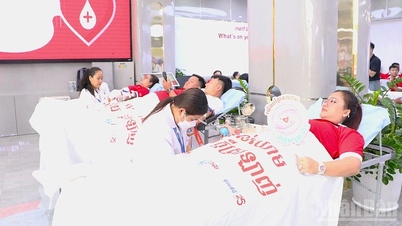







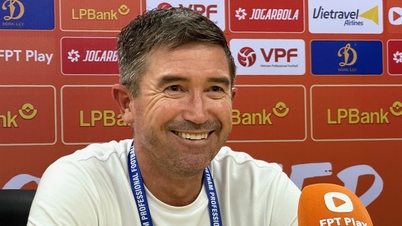



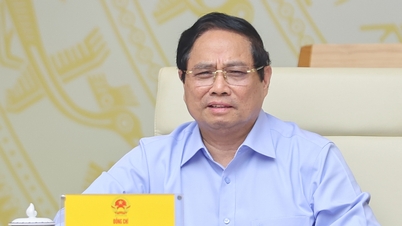


































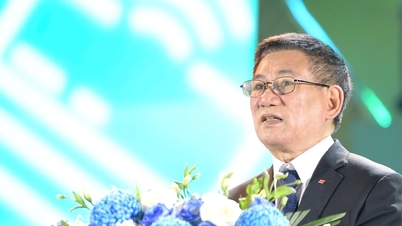


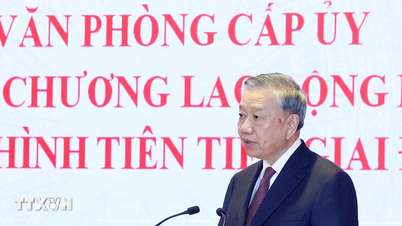






























Comment (0)